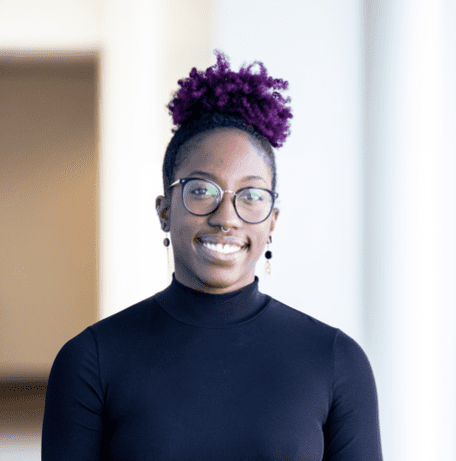Humans of Haas: Ann Harrison
UC Berkeley alumna Ann Harrison is the 15th Dean and a distinguished economist and professor focusing on development economics, international trade, and global labor markets. She has taught at Wharton School of Business, Columbia University, and UC Berkeley and has held positions at the World Bank and National Bureau of Economic Research.
What are some of the projects you have been working on as the Dean?
I’ve been working on three projects. The first one is to increase the diversity, inclusion, and composition of our student [body], as well as our faculty. We want to create a more diverse student body—one that looks more like the rest of California. In the fall, we changed the admissions criteria for the full-time MBA program to value the role of diversity more in the applicant’s background and what they’ve done to enhance diversity in their lives. The second project I have been working on is starting the process of fundraising in order to expand our research faculty. Our research faculty is very small compared to other business schools. Just to give you an idea, we have about 70 research faculty members while Wharton, one of our competitors, has 250. We have a wonderful group of professional faculty and I would also like the ladder and professional faculty to work together more as a team. The third thing I’ve been working on is increasing the interdisciplinary nature of the business group. That means enhancing programs like entrepreneurship and creating partnerships with the other parts of the university.
How has your perspective on Berkeley/Berkeley Haas changed since you’ve graduated? How is Berkeley Haas different from the other schools you were a part of?
When I was a student here, I just thought Berkeley was the most amazing place in the world, and I haven’t changed my mind about that. I would that has always been a constant the last couple of decades. The only thing that changed is that I’ve come to appreciate the time I spent here in the past even more than I did at the time, which made me want to come back. Being resource constrained as Berkeley really changes how one does things. For example, students end up taking up a much bigger responsibility in a lot of activities here than at their private school competitors.
How do you interpret Haas’s core values? Why do you think they’re important to have?
Now that I’m [at Haas] in a leadership capacity, I think “Beyond Yourself” is the principle that really resonates with me. That’s in part because that’s what leadership is all about. If you ask students why they choose Berkeley Haas — through the surveys and asking students — the culture is a very big differentiator. One of the things you discover when you move into leadership is when you’re a leader, your values and your ethics are constantly being tested. It’s really about being able to lead and act with integrity.
What did you learn from your experiences at the World Bank?
I love the mission of the World Bank, I think it’s really important to build a world free of poverty. [However,] it is a very large institution, and there are a lot of layers of leadership. One of the things I learned is patience in getting things done. I also learned a lot about shared governance, which is about making changes and moving the institution forward together as a team.
What is some advice you would give yourself as a student?
I would’ve told myself not to be so worried and anxious about the future because it was all going to work out as long as I worked hard and I was persistent. I would have also told myself to enjoy day to day living more—to take each day at a time and to treasure the moment. That is not a difficult task here at Berkeley Haas!


